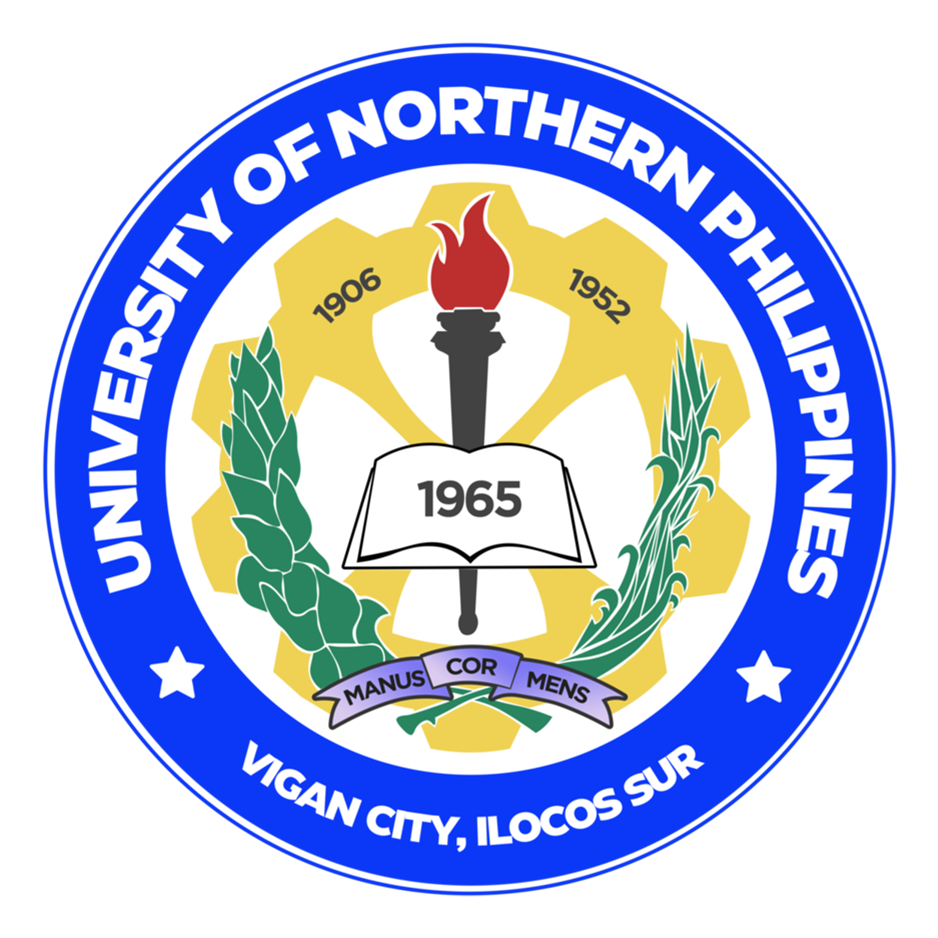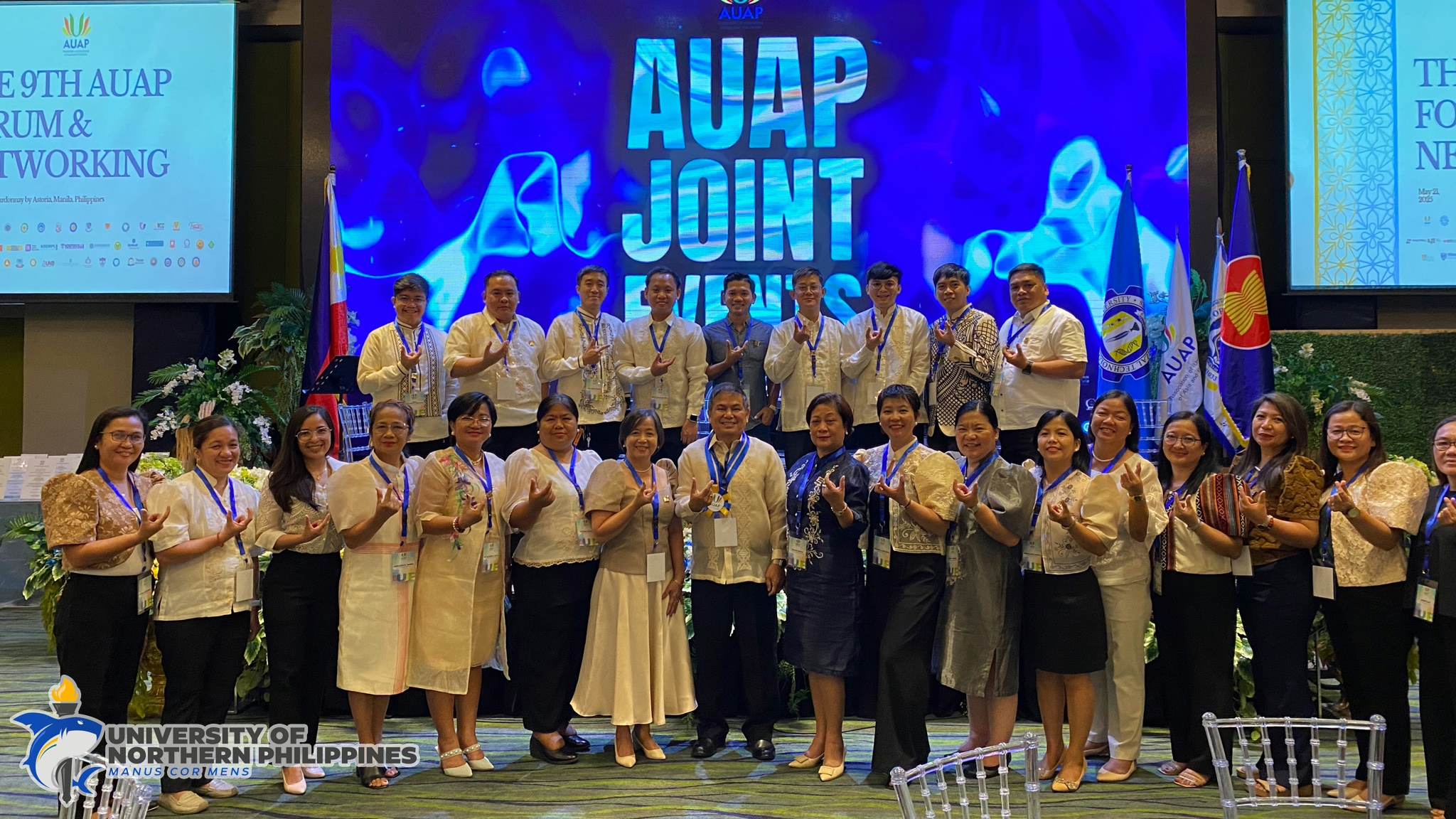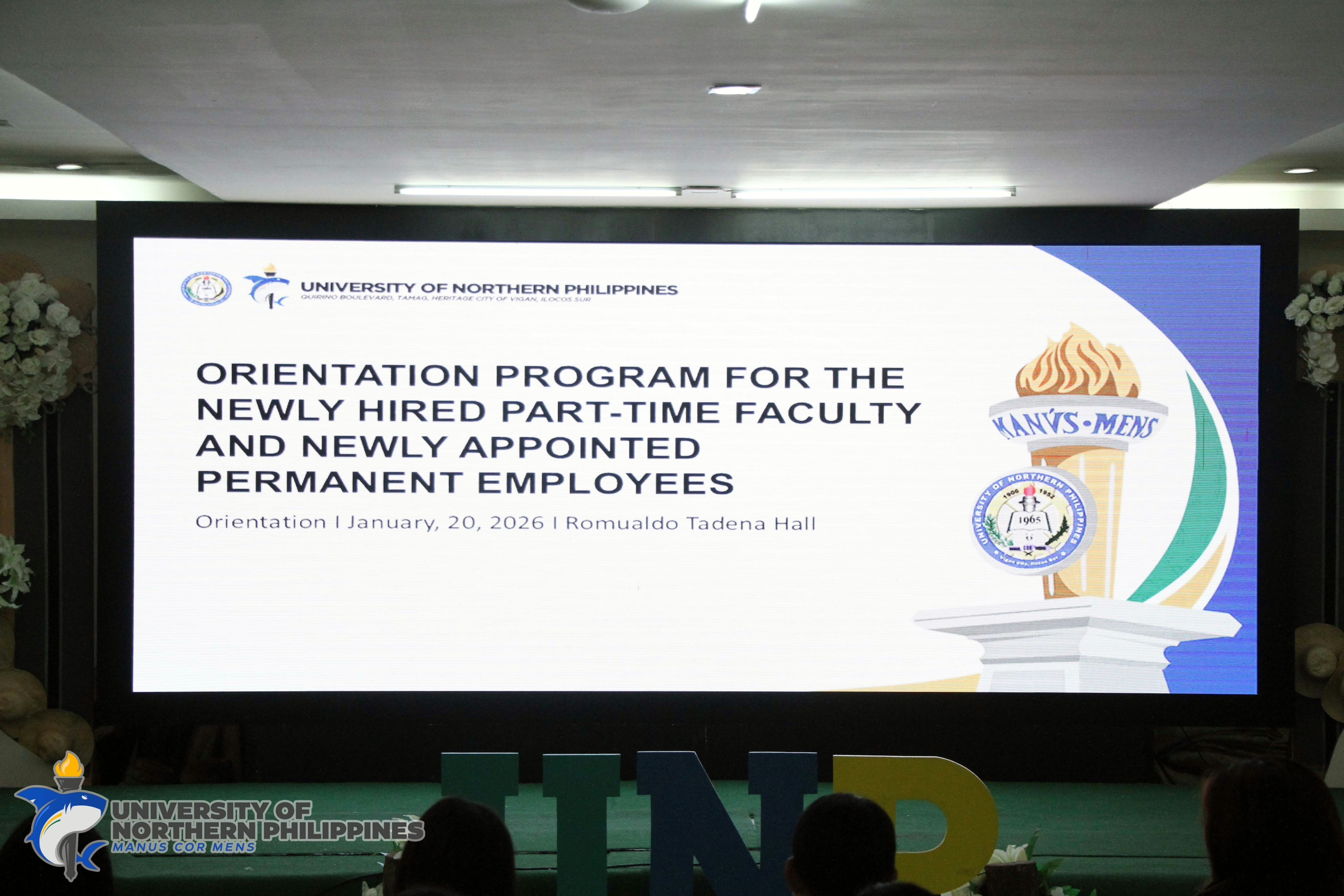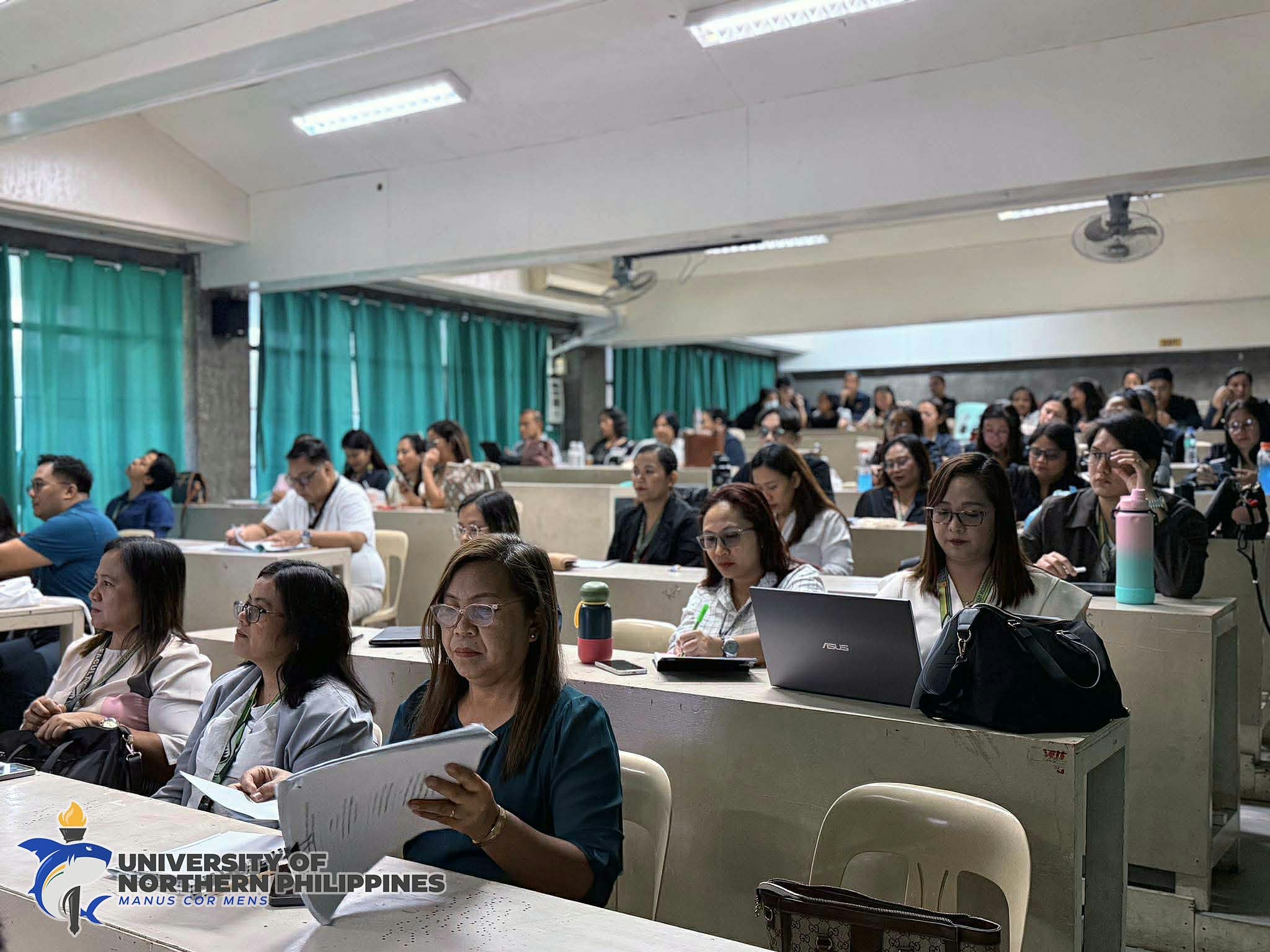Pasig City, Metro Manila – May 21, 2025 — Dr. Erwin Cadorna, President of the University of Northern Philippines (UNP), delivered a compelling talk titled “Global Heritage Engagement in Higher Education” during the Special Talk I: Academe & Industry session of the AUAP Joint Events 2025, held at Chardonnay by Astoria, Pasig City. Dr. Cadorna leads the 35-member UNP delegation, one of the largest institutional contingents attending the international gathering.
Organized by the Association of Universities of Asia and the Pacific (AUAP) in collaboration with 12 partner institutions, including UNP, the three-day event draws over 150 participants from universities and colleges across the Philippines and abroad.
The conference celebrates three major milestones: the 9th AUAP Forum & Networking, themed “Global Networks: Paving the Way for Innovative, Diverse, and Sustainable Academic Landscapes in Asia and the Pacific”; the 37th AUAP Annual Conference; and the 30th Anniversary Celebration of AUAP, carrying the theme “Advancing Excellence for Global Sustainability by Aligning Institutions to World Rankings and Ratings.” These themes highlight the growing importance of regional academic leadership and global institutional alignment.
In his address, Dr. Cadorna underscored the pivotal role of higher education institutions in preserving cultural heritage through academic programs, research initiatives, and community partnerships. Drawing from the case of Vigan City—a UNESCO World Heritage Site and home to UNP—he illustrated how a university can turn its local context into a globally relevant classroom.
“Heritage is not only about what we inherit,” Dr. Cadorna said, “but also about what we choose to cherish, protect, and pass on.” He cited UNP’s SPL 140: Conservation of the Built Heritage course and the university’s foundational role in the Vigan Master Plan as examples of how cultural heritage can be integrated into education and urban planning.
Dr. Cadorna further shared the university’s hands-on conservation initiatives, such as 3D documentation and structural assessments of earthquake-affected heritage sites. He highlighted collaborative efforts with the University of Hong Kong and ICOMOS Philippines, where UNP students engaged directly with communities to preserve ancestral homes.
UNP’s international partnerships—including those with Politecnico di Milano and ASEAN institutions through the ERASMUS program—have expanded opportunities for faculty and students, enhancing the university’s profile as a center for culturally rooted global engagement.
These efforts have earned the university global distinction, with UNP ranking 1st in the Philippines and 2nd worldwide in the 2024 World University Rankings for Innovation in Culture and Values. “Our students leave UNP not only as architects or professionals,” Dr. Cadorna noted, “but as stewards of identity and pride—ready to serve both local communities and the world.”
The AUAP Joint Events 2025 also feature Special Talks from university presidents, education experts, and institutional leaders on themes ranging from cross-cultural collaboration and academic policy development to digital transformation in education. These parallel sessions reflect AUAP’s mission to foster excellence, innovation, and cultural understanding in higher education.
A key feature of the event is the Memorandum of Understanding (MOU) signing ceremony, formalizing academic partnerships that promote faculty mobility, student exchange, collaborative research, and joint cultural projects. These agreements represent AUAP’s commitment to building resilient, globally interconnected academic ecosystems.
Dr. Cadorna’s presentation aligned seamlessly with AUAP’s vision. By sharing UNP’s model of heritage-centered education, he illustrated how local identity can anchor globally relevant academic innovation.
As the conference continues through May 23, delegates remain actively engaged in discussions and collaborations that affirm the transformative role of higher education in shaping sustainable, inclusive, and culturally enriched societies.
Article by Dean Alvin Pablico.




